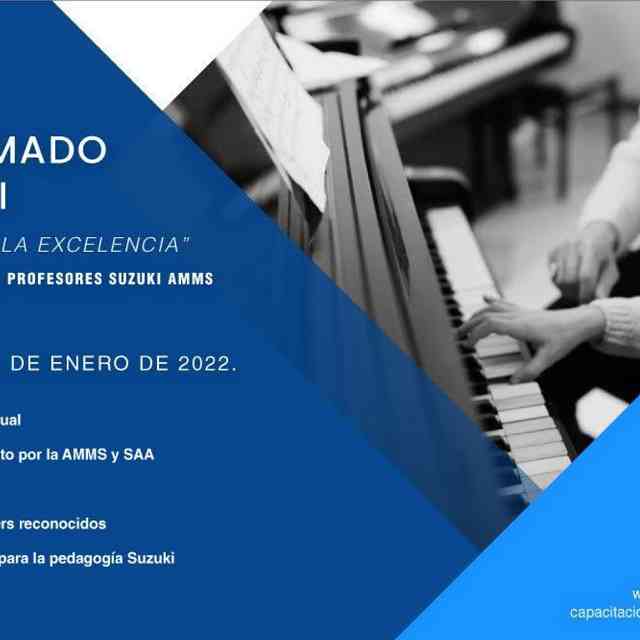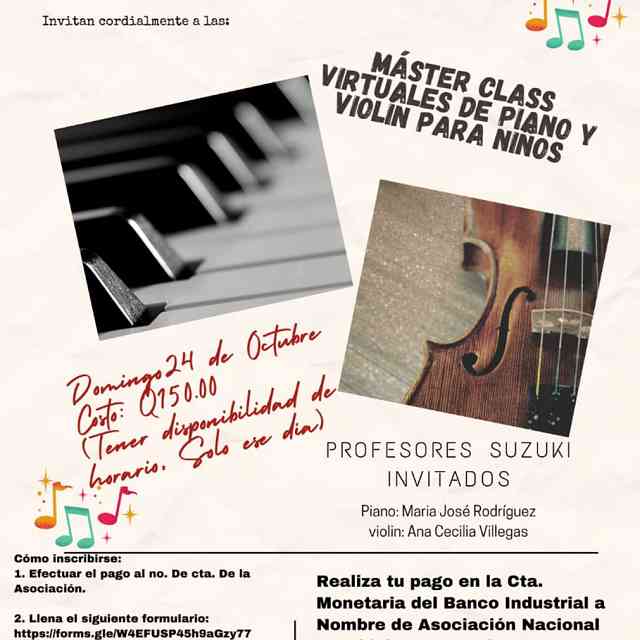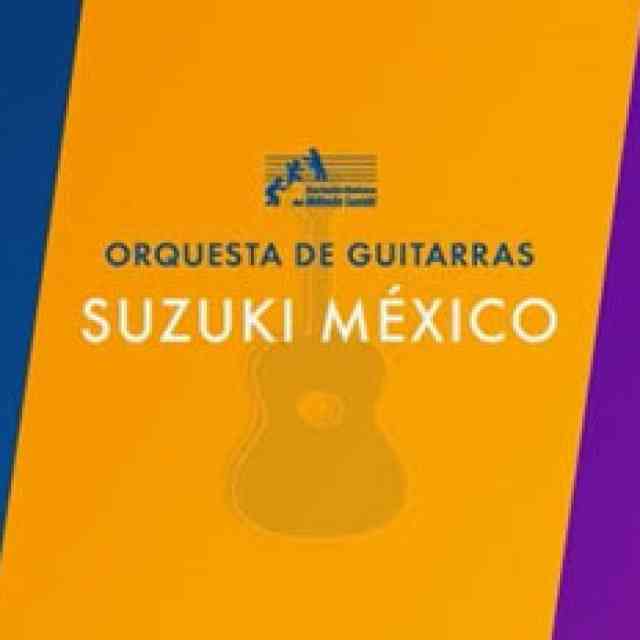The first victim of my attempts to teach the violin was my own sister. She was six and I was sixteen. Not yet knowing any better, I used the old fashioned method of teaching. My sister nevertheless attained a decent level of competence in music before moving on to other things.
Both my sister and I followed our hearts. Mine led to the violin, and I have made a living from it ever since. I have 40 Suzuki students and play regularly with the Quebec Symphony Orchestra. I also have two young children. My sister ended up in Guatemala. She has a particular sensitivity towards young children, and after listening to their problems she was inspired to set up a project in Quebec to help the poorest of children in Guatemala.
This year, for the first time since those early violin lessons, my sister and I found a project in common that brought our two passions together.
Her cause was an inspiring one. In collaboration with a Quebec NGO, Reequilibre, Surconsommation, Pauvreté (Overconsumption and Poverty: Redressing the Balance), she gives practical help to some of the poorest people in Guatemala. The idea is simple: sending things that we have in abundance but that are desperately needed there, such as medical equipment, children’s clothes, shoes, educational toys and sleeping mats. These are taken to Guatemala in containers and redistributed to hospitals, orphanages and people living in remote rural areas. In one case the goods are sold at a very low price by an orphanage so that it can benefit while buyers can maintain the basic dignity of paying for what they need.
Many of my students’ families helped in the wrapping of the goods and loading of the container. Later they saw pictures of the things they had sent being distributed and learned a lot about life on the other side of the world. But the biggest cost involved in this project is the $8000 to $10,000 needed to send the container – so we decided to put on a benefit concert.
May 2, 2009 was an evening that neither of us will ever forget—nor will anyone else who was involved: professional musicians, Suzuki students, Suzuki teachers, the organizing committee, parents of young violinists and cellists as well as the audience. The curtain opened to a full house in one of Quebec’s best concert halls, recently renovated to house the internationally renowned Violons du Roy. The acoustics and audio-visuals couldn’t have been of higher quality.
The stage was shared by 50 young musicians, ten professionals and 70 singers. The programme (partly from the Suzuki repertoire) was varied: classical, semi-classical, folk, film tracks and even pop music. The groupings were also very varied: an orchestra with soloist Darren Lowe, concert master of the OSQ; our own group, the Jeux d’Archets Suzuki, in various configurations; the choir Les Rhapsodes alone and also with Jeux d’Archets; the Trio Frontenac, one of Quebec City’s top trios. Performing with us also were soprano Luce Vachon, a young gymnast performing to Cirque de Soleil music, a drummer, and a bass guitarist. We opened the concert with some tangos to put us in a Latin-American mood—some by composer and Suzuki teacher Michael McLean.
This project brought a multitude of benefits, not just to Guatemala but to members of the Suzuki triangle. The students raised their level of performance; they learned to prepare a large-scale performance with everything that involves; they learned to work hard for a cause they believed in. They threw themselves into the process as they had never done before, and gave the very best of themselves. In the practices and during the concert itself there were times when they were deeply touched and found new relationships with the music and with their instruments. They had to develop a musical stage presence, performing in a concert hall with world class acoustics and with top-notch musicians. They rose to the challenge, persevering and working tirelessly to reach a common goal.
The parents learned to work more effectively with their children at home as well as being involved in preparing the concert. They helped promote it, giving generously of their time and energy and many helped out with the show on the day itself. Parents who were themselves professional musicians became stage managers, while other parents made sure that everyone was fed properly. Everyone had something to contribute.
As a teacher, the eight months that it took to work on the 20 pieces in the program with each of my groups was an invaluable learning experience. Some of the pieces they had already played; others were new to them. I had to make recordings of all of them. I had to make sure we played pieces that included the youngest students (some had only been learning for eight months). These must not sound too amateurish, but nor must they be unreasonably demanding for the youngest players. We had to organize practices, both with the various Jeux d’Archets groups as well as the guest musicians, so that everything would be ready in time. Nothing could be left until the last minute – almost every piece was to be played by heart, including accompaniments.
The choice of program was made a year in advance. Fingerings, bowings and other musical notations on nearly every piece had to be revised at least eight months before the performance.
I had to organize transportation for all the musicians, as well as all the logistics of stage entries, how and where to position the various configurations of musicians on stage and how to move them off again. By the end of the show there were 130 people on stage, the youngest of whom were only just four years old! We had to work with stage technicians, sound and light technicians. I had to make decisions about everything ahead of time so that nothing would be left to chance or to the last minute.
I worked with a committee of 12 parents. None of us had any experience in organizing a benefit concert, let alone one of this scale. We had 1000 seats to fill, we had to find sponsors, decide who should receive special invitations, organize the whole day’s activities, decide on and prepare costumes, decide how to promote and advertise the concert, in addition to all the musical aspects. I learned once again how important it is to respect the personality, strengths and weaknesses of each person. I continue to be astonished at the commitment of Suzuki parents, with each person having a completely different area of expertise and complementing one another.
We carried everything off, down to the last detail. But the biggest achievement of all was musical. One of my objectives was that my students would master the repertoire they presented better than ever before. The public was blown away by the musical quality of each performance, each piece having been worked on down to the last detail. The atmosphere that night was magical! The young musicians were justifiably proud, and so were their parents.
We managed to raise nearly $13,000, so the equivalent of one and a half containers can be sent to Guatemala. But our concert didn’t just raise money for my sister’s project—we also publicized it, and described it during the concert. Thanks to the concert, the media took an interest and many different people asked my sister how they could help.
As organizer of the benefit concert, one of my most cherished beliefs was confirmed: aim high, be courageous in planning projects with my students, give them opportunities to live a variety of memorable experiences. Parents, students and teachers all come out ahead. It was a huge amount of work spread out over a year, but an enriching, stimulating and community-building year. So much so that we’re going to do it again in spring 2011— the concert hall is already booked!
And finally, as my sister and I appeared on stage together with our respective hearts on our sleeves, I realized that I’d also learned a lot about her and saw her now from a totally new perspective. We had put our hearts and minds together, crossed over many boundaries and drawn a whole lot of people into a new, common project: Making great music in Quebec to help people in great need in Guatemala.
You can see a few excerpts of this concert on the Jeux d’Archets Suzuki website at www.jeuxdarchetssuzuki.com.










